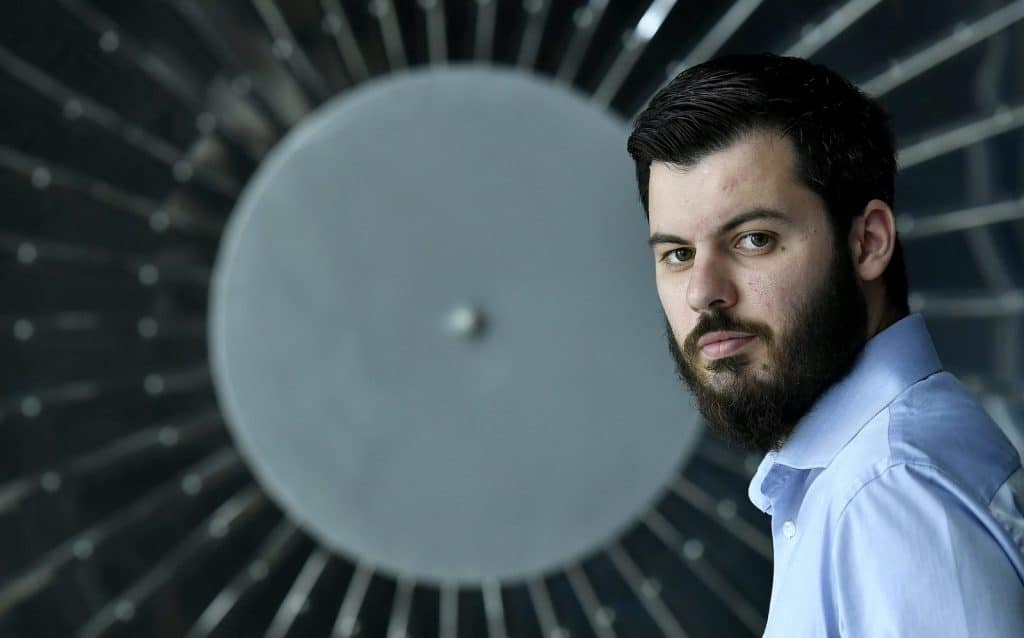
Croatian EV upstart Rimac is taking over French supercar company Bugatti from the Volkswagen Group as part of a complex deal that will create a new joint venture called Bugatti Rimac.
The agreement – which sees Porsche take a 45% stake in the new company – underscores the dramatic changes reshaping the auto industry. Founded in 2009, the Croatian firm has established a reputation for building high-performance battery-electric vehicles. While the two new partners didn’t specifically reveal plans for the future, Rimac indicated electric propulsion is now in Bugatti’s future.
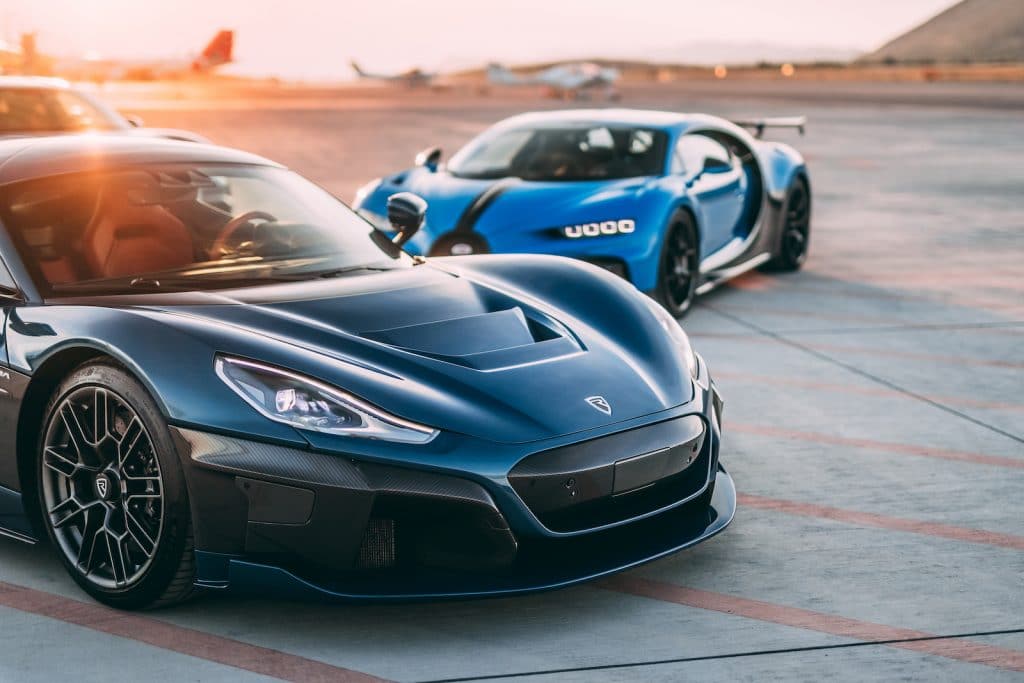
“Bugatti and Rimac will both continue as separate respective brands, retaining existing production facilities and distribution channels,” the Croatian company’s founder and CEO Mate Rimac said during the announcement of the deal. “Bugatti Rimac represents the company that will develop the future of both Bugatti and Rimac vehicles, by joining resources and expertise in research and development, production, and other areas.”
Rumors swirling for months
Some sort of deal between Rimac and the Volkswagen Group has been rumored for months. At one point, there were expectations the smaller company might take over VW’s other supercar brand, Lamborghini. But that was ruled out recently, Volkswagen officials saying the Italian brand would remain part of the company’s broad array of automotive marques. They notably left open the fate of Bugatti.
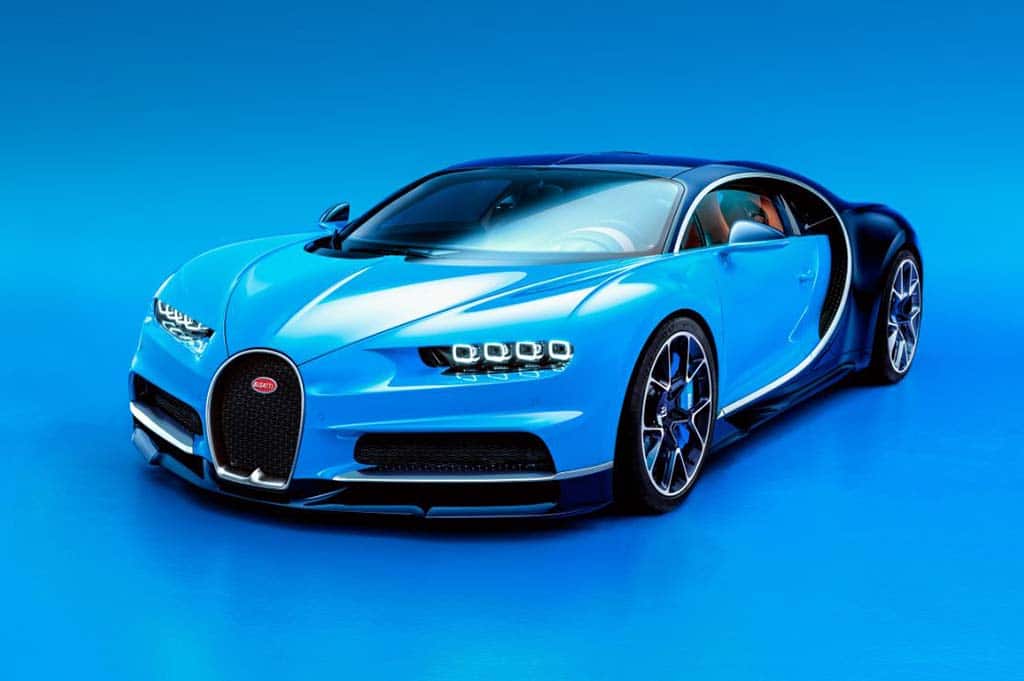
That company was founded by Ettore Bugatti 112 years ago but went out of operation in 1963. VW revived it in 1998, the German company positioning it as the ultimate in luxury performance with plans to produce just one of the original Veyron models a week.
It plans to produce a total of just 30 copies of its latest model, the Chiron Super Sport 300+, which features a W-16 engine capable of making 1,600 horsepower. As the name suggests, Bugatti expects the SS to be able to top 300 mph.
That would put it directly into competition with Rimac’s new Nevera which makes 1,914 horsepower from four electric motors and has a reported top speed of 258 mph.
Both brands have plenty to offer
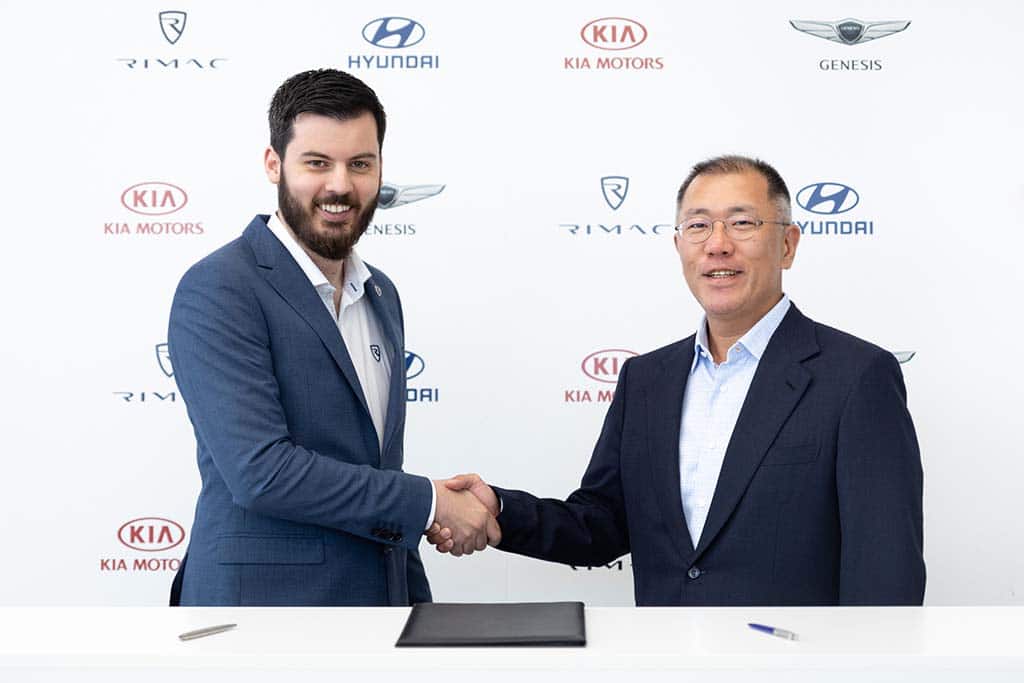
Exactly what happens next is far from certain, but Rimac indicated it will be developing both hybrid and pure electric models for Bugatti. The two companies plan to retain their separate headquarters, but Rimac has indicated production of Bugatti vehicles could be combined into the $200 million production facility it is building near its own corporate offices in Sveta Nedelja, Croatia.
Both brands bring plenty to the party. Among other things, Bugatti has developed deep expertise in the use of lightweight materials like carbon fiber. It also has the unusual W-16 engine. But whether there’s a future for that 8.0-liter powerplant is far from certain. A growing number of markets plan to phase out sales of vehicles with internal combustion engines over the coming 10 to 15 years. Even Ferrari and Lamborghini have begun developing plug-in and pure electric product lines.
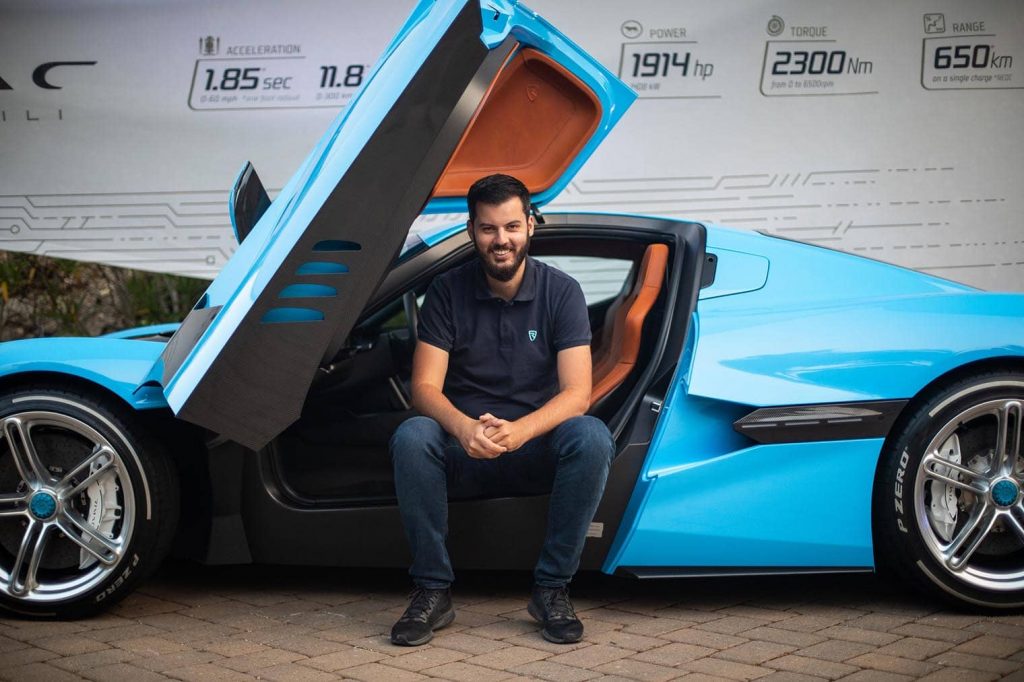
And that’s where Rimac’s strength lies. The company already has a close relationship with several traditional automakers, including both the Hyundai Motor Group and Volkswagen. In particular, VW’s sports car arm, Porsche, held a 24% stake in Rimac before the latest deal was announced.
Rimac in control
Porsche will be assigned 45% of Bugatti Rimac as part of the new agreement, which leaves the Croatian company in control of the joint venture.
“We are combining Bugatti’s strong expertise in the hyper sports car business with Rimac’s tremendous innovative strength in the highly promising field of electric mobility,” said Oliver Blue, the Porsche chairman. “Bugatti is contributing a tradition-rich brand, iconic products, unique quality standards and craftsmanship, a loyal customer base and a global dealer network to the joint venture. In addition to technology, Rimac is contributing new development and organizational approaches.”
The new deal is expected to be completed during the fourth quarter of this year.







